Page: Vietnam: Everything You Need To Know 2025 - FAQs
Vietnam offers lots of must-see locations. For instance, Hoi An is a gem on the central coast of Vietnam. It’s located less than an hour from Danang.
Top Destinations:
Whether you’re looking for fun and sun, a peaceful retirement, or the chance to earn some extra income, you’ve got a real world of opportunity open to you… In short, we’ve done our best to narrow down your best options, but only you can decide the right country for you.
Best For:
How Much Will It Cost You To Live Overseas?
The only honest answer is, we have no idea. And neither does anyone else. The only one who can answer that question is you. Here’s the most important thing to understand about budgeting your new life overseas…
Follow Us:
Upcoming Events
Live and Invest In Panama Conference
Live And Invest In Greece Workshop
Live And Invest In Portugal Conference
PANAMA CITY, PANAMA
Jan. 21-23, 2026
VIRTUAL
Feb. 25, 2026
LISBON, PORTUGAL
Mar. 25-27, 2026
Contact Our Events Team
Reach us with your questions by email at: events@liveandinvestoverseas.com
Unlock The World
Overseas Havens Reports
Conference Kits
Lahardan Books
Our Customer Service team is here to assist with any questions or concerns CustomerService@LiveandInvestOverseas.com
Top Destinations:
Whether you’re looking for fun and sun, a peaceful retirement, or the chance to earn some extra income, you’ve got a real world of opportunity open to you… In short, we’ve done our best to narrow down your best options, but only you can decide the right country for you.
Best For:
How Much Will It Cost You To Live Overseas?
The only honest answer is, we have no idea. And neither does anyone else. The only one who can answer that question is you. Here’s the most important thing to understand about budgeting your new life overseas…
Follow Us:
Upcoming Events
Live and Invest In Panama Conference
Live And Invest In Greece Workshop
Live And Invest In Portugal Conference
PANAMA CITY, PANAMA
Jan. 21-23, 2026
VIRTUAL
Feb. 25, 2026
LISBON, PORTUGAL
Mar. 25-27, 2026
Contact Our Events Team
Reach us with your questions by email at: events@liveandinvestoverseas.com
Unlock The World
Overseas Havens Reports
Conference Kits
Lahardan Books
Our Customer Service team is here to assist with any questions or concerns CustomerService@LiveandInvestOverseas.com
Home » Best Countries To Live, Invest, And Retire Overseas » Vietnam: Everything You Need To Know 2025
A Land With Beautiful Beaches, Welcoming People, And A Low Cost Of Living
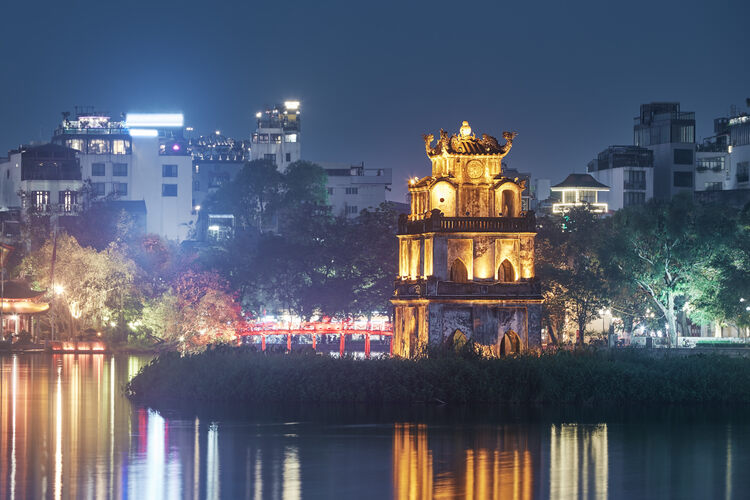
Vietnam is an emerging market that has only recently moved beyond the dark transition following the war.
Vietnam is arguably the cheapest place on earth to live well. This is a land of beautiful, world-class beaches, cool mountain retreats, and cities seething with vitality.
Many Westerners head to Vietnam and love it. Others complain about the hustle, the noise, and the lack of Western influence, particularly in the northern part of the country (Hanoi).
The population is youthful, and an energy permeates everything. So, the Vietnam that existed in the 1960s and early 1970s exists only in memories.
The country has moved on toward a much brighter future.
According to the Global Peace Index, Vietnam is the 45th most peaceful country in the world (as a point of reference, the United States ranks in the 101st position).
It’s a common misperception that a communist country is the same as a police state. Vietnam doesn’t have a totalitarian dictatorship, nor does it have a military government. It has a president and a cabinet with powers and problems that are similar to those of so-called democratic governments. There aren’t federal elections—the president is chosen by the Communist Party—but there are local elections.

Reviewed By Kathleen Peddicord
Kathleen is the Live and Invest Overseas Founding Publisher. She has more than 30 years of hands-on experience traveling, living, and buying property around the world.




Start Your New Overseas Life Today
We Value Your Privacy! We will not share your email address with anyone else, period.
According to HSBC Holdings, Vietnam is among the most optimistic countries in the world in terms of business expectations.
Today, the atmosphere in the country is energetic and optimistic and the infrastructure is developing rapidly.
Most importantly, Vietnam is an extremely foreigner-friendly country.
The government sincerely wants Vietnam to attract more tourists. So, it has taken measures to see that foreigners who come here want to return again and again.
Vietnam is emerging from the grips of war and economic depression and is eager to join the global community.
Residing in a communist state has its challenges. But, modern Vietnam is more capitalist in practice.
After spending about one minute in Hanoi, anybody can see that this city is first and foremost the epitome of capitalism on steroids.
The majority of Vietnamese are self-employed entrepreneurs. They usually own and operate hotels and restaurants, sell vegetables and fish at the markets, fix motorbikes and appliances, and promote their tour companies.
Foreign nationals who wish to visit the country can apply directly at the Vietnam Embassy or Consulates located in their countries of residence.
The entire application process will take about 4 to 10 days. Also, visitors may obtain the visa upon arrival at the airport with certain special requirements.
A lot of foreign tourists, who are generally amazed that a Westerner would choose to live in a communist country.
For all practical purposes, living in Vietnam is like living in any country, communist or not. After spending about one minute in Hanoi, anybody can see that this city is first and foremost the epitome of capitalism on steroids.
The majority of Vietnamese are self-employed entrepreneurs. They own and operate hotels and restaurants, they sell vegetables and fish at the markets, they fix motorbikes and appliances, they promote their tour companies, shine shoes, and create a never-ending assortment of soups and noodles and rice dishes to sell in their tiny shops or at their pop-up sidewalk restaurants.
Most Vietnamese work from dawn until late in the evening, often seven days a week. Many earn just enough to get by, though a growing percentage of people have enough disposable income to buy some extras and even luxuries.
Throughout the years, the locals have traded their bicycles for motorbikes and their motorbikes for cars. More people wear eyeglasses now, and more children and young adults are fitted with braces. People keep pets—something that was very unusual just a few years ago. When they take their vacations, they love to travel. Domestic tourism is a rapidly growing industry here.
The difficult days of rationing and shortages are over. Today’s Vietnamese shop in traditional markets and glitzy new malls. They take their children to parks, zoos, museums, beaches, giant waterparks, amusement parks, and the aquarium on their school breaks. They buy their own fashionable clothes, choose their own vocations, and love to gossip. In many respects, Vietnam is just like anywhere else. But there are differences, too…
Because it is a socialized country, some businesses are owned, or partly-owned, by the government. You’ll see many products that have the word “Vina” in the name: Vinacafe, Vinashipping, Vinatex, Vinataba… These are all enterprises that the government owns either in part or entirely.
Medical care is practiced almost entirely in public, government-run hospitals. As a foreigner, there are two choices: you can pay a steep price to go to one of the few private, English- or French-speaking hospitals or, if you have a Vietnamese interpreter, you can go with them to a government hospital and receive ridiculously inexpensive tests and treatments.
The doctors, at least in Hanoi, are skilled regardless of the hospital you attend—and the government hospitals have modern equipment and competent technicians. Whether you’re Vietnamese or a foreigner, medical care in government hospitals is inexpensive but not free.
An X-ray costs about US$1.50, an ultrasound is less than US$5, and a consultation with a physician costs about US$4. The staff are all government employees—even the physicians earn meager government wages. The care at the public hospitals in Hanoi has improved to the point where most illnesses and injuries can be treated in the city.
What you don’t see in Vietnam are CCTV and red light cameras, signs everywhere announcing prohibitions and fines, or any overt police presence. You’ll see traffic police but rarely, if ever, see police on the beat or patrolling neighborhoods. They don’t even carry guns. The police presence isn’t just subdued. In many places, it’s practically nonexistent.
People will ask us if we feel as though we’re being watched by the government. The answer to that is a resounding “no.” We are monitored much less closely than we were in the United States. Here, if anything, we’re watched less than the locals…
Take driving a motorbike for instance. International drivers’ licenses are not recognized here. Few foreigners (or Vietnamese, for that matter) go to the trouble of trying to navigate the bureaucracy to get a Vietnamese license, and the police are well aware of it. But this rarely creates any problem, because the police don’t stop foreigners unless they can explain to them—in their language—why they’re being cited. Since few police speak English—and even fewer speak other languages—they simply turn the other way when they see a foreigner driving.
In all fairness, the Vietnamese police will stop Vietnamese. And Vietnamese citizens must adhere to certain laws and regulations that do not affect foreigners. If they want to move from their town or city to another part of the country, it involves a lot of red tape. And, of course, they can’t have more than two children. But as foreigners, these restrictions don’t affect us.
Vietnam falls short on political rights and civil liberties, but this doesn’t affect expats who wisely stay away from the local political scene. As foreigners living here, we have no problem accessing any news or social network website—though if this ever became an issue, we could always use a VPN. Censorship is minimal. There are churches and temples throughout the country and we are free to practice any religion we choose. Yes, there is corruption, but this isn’t something that’s exclusive to communism. And again, as foreigners, it doesn’t affect us. We don’t have to budget for bribes.
It feels extraordinarily free. The government sincerely wants Vietnam to attract more tourists, and it has taken measures to see that foreigners who come here want to return again and again. From our perspective, it’s an extremely foreigner-friendly country. It’s exciting to be here as we watch the country emerging from the grips of war and economic depression to join the global community. As foreigners living in Vietnam, we can say, in all honesty, that its “communist” status is a nonissue.
Click on any highlighted city or region to explore in-depth guides on what life is like there—from cost of living and climate to culture and real estate opportunities. Each location featured is one we’ve carefully reviewed and consider among the most livable and investment-friendly spots in Vietnam. Use this map as your starting point for discovering where in Vietnam your ideal lifestyle awaits.
Vietnam, officially the Socialist Republic of Vietnam is located on the Indochinese Peninsula in Southeast Asia and is bordered by China to the north, Laos to the northwest and Cambodia to the southwest. The country of Vietnam is about the size of New Mexico and has over 2,400 miles of coastline.
Vietnam has a varied terrain with mountains, forests and beaches. Level land covers no more than one fifth of the country.

Reviewed By Kathleen Peddicord
Kathleen is the Live and Invest Overseas Founding Publisher. She has more than 30 years of hands-on experience traveling, living, and buying property around the world.




Start Your New Overseas Life Today
We Value Your Privacy! We will not share your email address with anyone else, period.
Vietnam offers lots of must-see locations. For instance, Hoi An is a gem on the central coast of Vietnam. It’s located less than an hour from Danang.
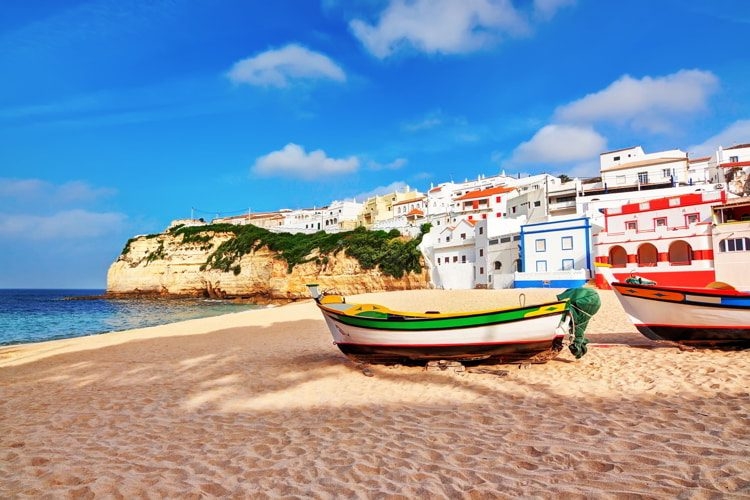 . '
. '
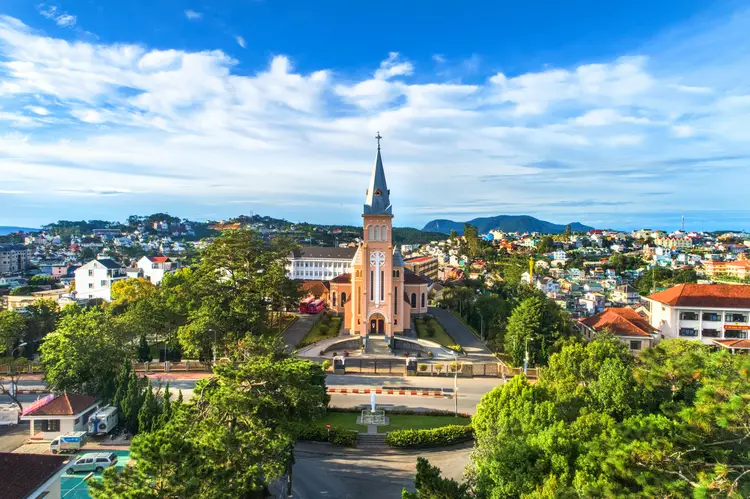 . '
. '
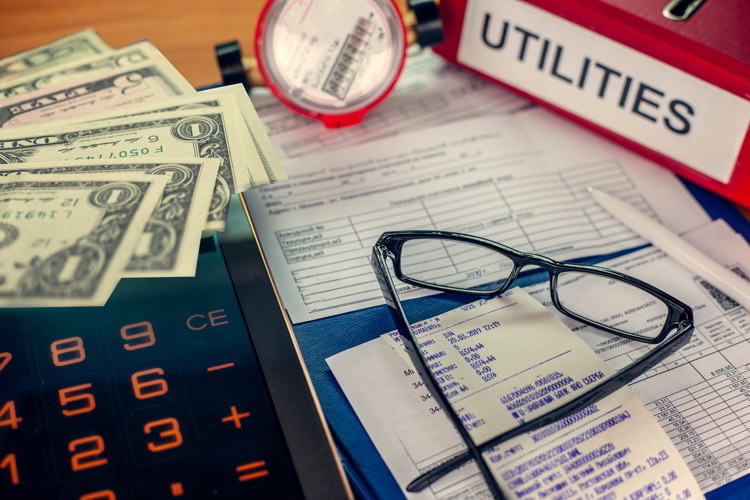 . '
. '
 . '
. '
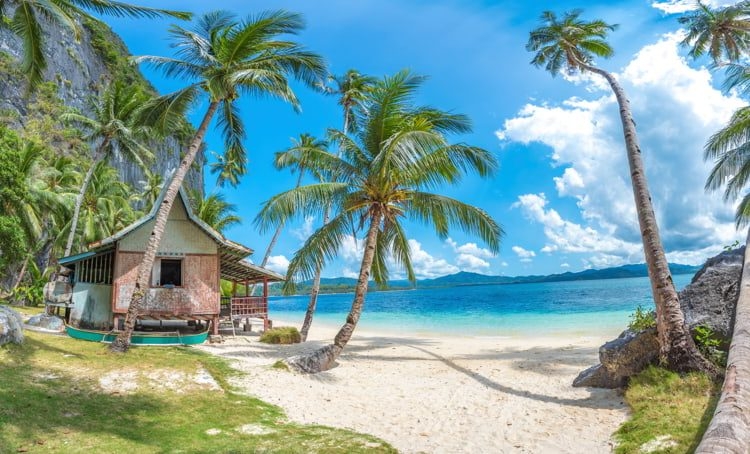 . '
. '


We Value Your Privacy! We will not share your email address with anyone else, period.
As seen in

RETIRE OVERSEAS AND
LIVE LIKE ROYALTY
Sign up for FREE and learn how to live the good life on a modest budget, find bargain property, and more. Plus, check out our FREE report on the 10 BEST PLACES TO RETIRE.
Top Countries
Budgets
Affordable
Resources
Real Estate
Overseas Property Alert
How To Become Independently Wealthy And Fund The Lifestyle Of Your Dreams
Buying Real Estate For Cashflow
Discover tips and strategies used by global property investing veterans
Explore Our Latest Posts
Learn how to invest and purchase property abroad…
Conferences
Live and Invest In Panama Conference
Live And Invest In Greece Workshop
Live And Invest In Portugal Conference
Contact Our Events Team:
Toll-Free U.S. and Canada:
1 (888) 627 8834
From Outside North America:
1 (443) 599 1221
Working Hours
Monday – Friday 08:00 am – 17:00 pm EST.
Reach us with your questions by email at: events@liveandinvestoverseas.com
Store
Overseas Havens Reports
Conference Kits
Lahardan Books
Services
Free Report
THE 10 BEST PLACES TO RETIRE IN 2025

Sign up to receive the FREE daily e-letter, Overseas Opportunity Letter and we’ll immediately email you our editors’ latest research report…
We Value Your Privacy! We will not share your email address with anyone else, period.
Follow Us:
© 2008 - Live and Invest Overseas - All Rights Reserved.